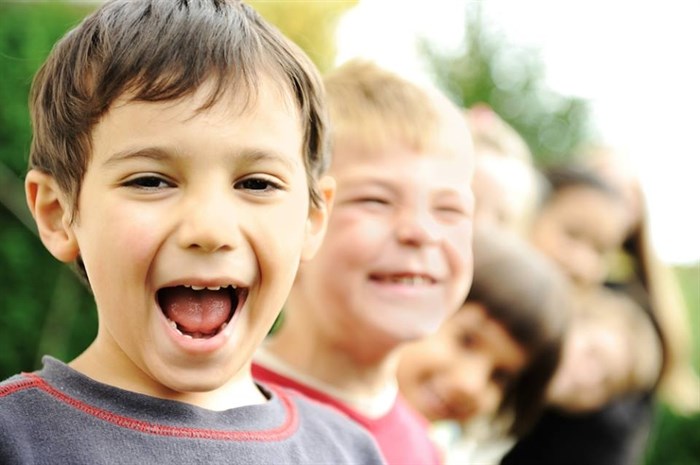
(DANA REYNOLDS / iNFOnews.ca)
November 27, 2015 - 10:44 AM
KAMLOOPS – A new initiative from the Kamloops Thompson School District seeks to help students focus their attention and deal with everyday stress.
School and family consultant Tyler Van Beers says the MindUP program’s main focus is to help students in their learning, but what it really does is prepare kids for life.
“Being available and paying attention, MindUP is explicitly learning how to do that,” Van Beers says.
Created by Vancouver’s Hawn Foundation, MindUP is a training program composed of 15 lessons based from neuroscience research, according to program's website.
The program promises participants will “learn to self-regulate behavior and mindfully engage in focused concentration required for academic success.”
“You see (students) coming into school in silent distress. They’re so stressed out it’s hard to learn,” Van Beers says.
He says it’s difficult to say if kids are more stressed now than in years previous, but he believes schools are seeing more noticeable examples of stress. Kids may be anxious about their upcoming day, about having conflicts with peers or deal they may be dealing with stressors at home.
Stress impacts a student’s learning because it affect a part of the brain that impedes memory, he says and uses the ‘snow globe’ analogy with students explaining our brains don’t function well when too much snow is crowding our thoughts.
“The whole first part (of the program) is about the neuroscience of the brain,” he says.
Van Beers says the MindUP program teaches students mindfulness, specifically how to pay attention to your thoughts and not act on emotion alone. It teaches kids this in a number of different ways.
“Every brain needs a break. A time to quite the mind and to strengthen the mind,” Van Beers says.
During these ‘brain breaks,’ students learn how to focus their senses.
Mindful listening asks students to perform a sort of meditation by zoning in on the sound of a chime. Van Beers says students are asked to listen to the sound as long as possible and if their minds start to wonder, to focus their attention back to the sound of the chime. This is performed for three minutes, three times a day.
Mindful listening graduates into mindful seeing, tasting and smelling where students are asked to describe things without judgement or without using words like "I love it, it’s beautiful," Van Beers says.
“We’re trying to get them to describe it like a scientist. Focusing in on details helps us work all three parts of our brain together,” he says adding the goal is to describe cinnamon as sweet or a hot feeling rather than as cinnamon.
Also part of mindfulness, is the power of optimistic thinking and teaching students how to encourage gratitude.
“They learn how to cultivate gratitude, what it is and how to practice it in the classroom,” Van Beers says.
Students start a journal of the things they are thankful for and make new entries three to four times a week. The journal focuses on positive experiences and things that make them feel content.
“We’re noticing that (the journal) makes them feel… more relaxed. We tell them to call that up again when they’re stressed,” Van Beers says.
According to the Hawn Foundation, teachers and administrators who’ve used the MindUP program reported it increased social interaction among students and helped calm disruptive behaviour.
Currently, Summit Elementary School is the ‘guinea pig’ for the MindUp program in the Kamloops Thompson School District.
“We might implement it district wide if it gets good reviews,” Van Beers says.
To contact a reporter for this story, email Dana Reynolds at dreynolds@infonews.ca or call 250-819-6089. To contact an editor, email mjones@infonews.ca or call 250-718-2724.
News from © iNFOnews, 2015